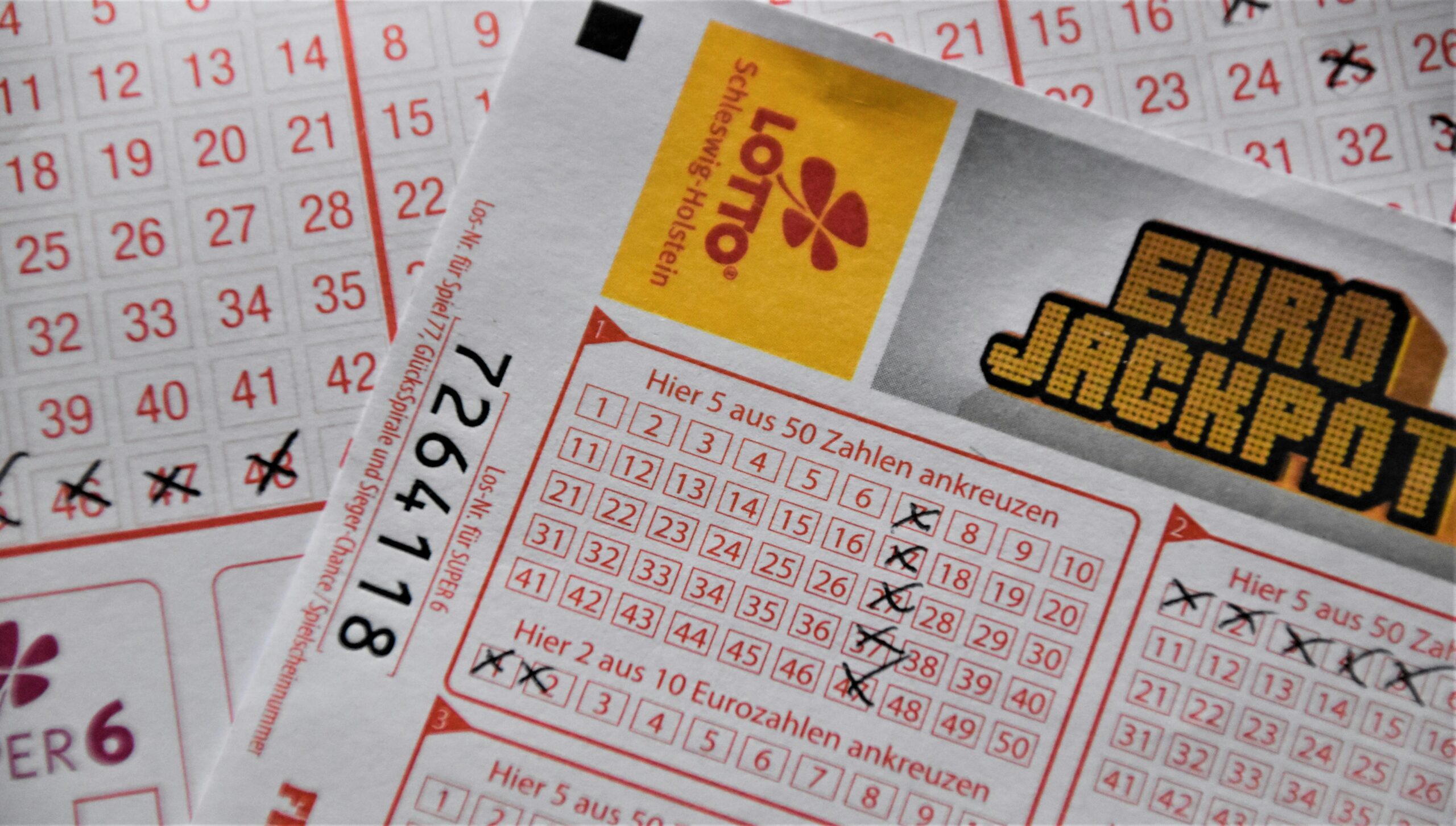Playing the lottery is a popular pastime that promises the tantalizing prospect of instant wealth. However, the reality of winning is often overshadowed by the astronomical odds against it. Understanding these odds can help put the dream of hitting the jackpot into perspective.
The Basics of Lottery Odds
Lotteries come in various forms, from state and national games to international ones like EuroMillions. Each lottery has its own set of rules and odds. Generally, lottery odds are determined by the number of possible combinations of numbers that can be drawn.
For example, in a typical 6/49 lottery, you must choose 6 numbers from a pool of 49. The odds of winning the jackpot can be calculated using the combination formula:
Odds=49!(49−6)!⋅6!\text{Odds} = \frac{49!}{(49-6)! \cdot 6!}Odds=(49−6)!⋅6!49!
This translates to approximately 1 in 13,983,816. Yes, you read that right—nearly 1 in 14 million!
Comparing Different Lotteries
1. Powerball
In the United States, Powerball is one of the most popular lotteries. Players must select 5 numbers from 1 to 69 and an additional Powerball number from 1 to 26. The odds of winning the Powerball jackpot are about 1 in 292,201,338.
Example: Imagine trying to guess the correct combination of numbers in Powerball. To put it in perspective, you are more likely to be struck by lightning in your lifetime (odds of about 1 in 15,300) than to win the Powerball jackpot.
2. Mega Millions
Mega Millions is another major U.S. lottery. Players choose 5 numbers from 1 to 70 and a Mega Ball number from 1 to 25. The odds of winning the Mega Millions jackpot are approximately 1 in 302,575,350.
Example: With odds like these, winning Mega Millions is less likely than picking a single grain of sand from a beach and finding it’s the one you marked earlier.
Smaller Lotteries and Better Odds
While the big lotteries offer massive jackpots, their odds are daunting. Smaller lotteries, however, can provide better chances of winning, albeit with smaller prizes.
1. State Lotteries
Many states run their own lotteries with better odds. For instance, a state lottery might require players to choose 6 numbers from a pool of 42, resulting in odds of about 1 in 5,245,786.
Example: A state lottery might not make you a billionaire, but the odds are more favorable, making it a more realistic way to potentially win a substantial sum.
2. Scratch-Off Tickets
Scratch-off tickets offer another way to win, with odds varying widely depending on the game. Generally, the odds of winning any prize on a scratch-off ticket are about 1 in 4.
Example: While the top prizes in scratch-off games are lower than those in big lotteries, the frequency of smaller wins can make it a more engaging and potentially rewarding experience.
Strategies for Playing the Lottery
While there’s no surefire way to win the lottery, some strategies can enhance your experience and potentially increase your chances of winning smaller prizes:
1. Pooling Resources
Joining a lottery pool with friends, family, or coworkers can increase your chances of winning. Each member contributes to purchasing multiple tickets, and any winnings are shared among the group.
Example: A group of office workers might pool their money to buy 50 tickets for a draw, significantly improving their odds compared to buying a single ticket individually.
2. Consistency and Budgeting
Playing consistently and sticking to a budget can make the lottery a fun and manageable activity without causing financial strain.
Example: Set aside a specific amount each month for lottery tickets, and avoid spending more than you can afford. This way, you can enjoy the thrill of playing without risking your financial well-being.
The Reality Check
Despite the allure of winning big, it’s crucial to remember that the lottery is a game of chance, and the odds are heavily stacked against hitting the jackpot. It’s essential to play responsibly and view the lottery as entertainment rather than a financial strategy.
Example: Consider the story of Jane Doe, who played the lottery every week for 20 years and won small prizes occasionally but never the jackpot. Her experience serves as a reminder that while dreams of winning big are fun, the reality is that most players will not become instant millionaires.
Conclusion
The chances of winning the lottery are slim, with odds often exceeding millions to one. While it’s exciting to imagine winning a life-changing sum, it’s important to keep expectations realistic and enjoy the game responsibly. By understanding the odds and playing smart, you can appreciate the lottery for what it is—a game of chance with a dash of hope.

